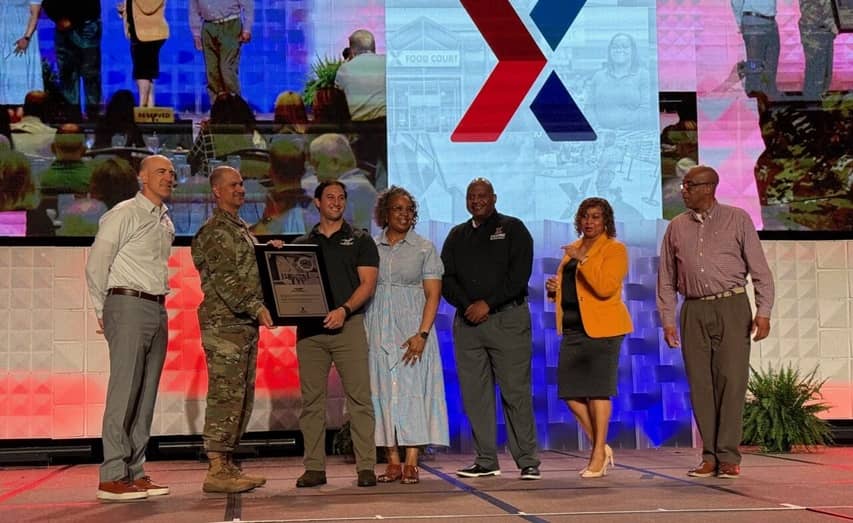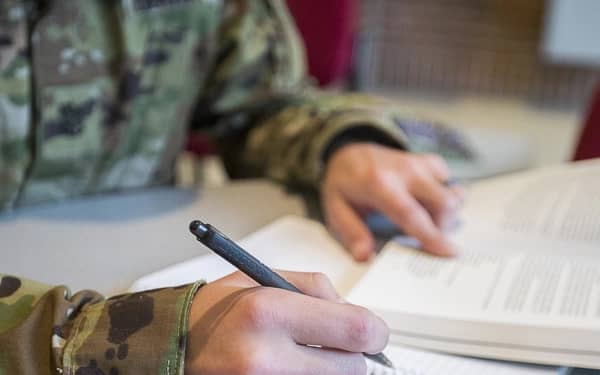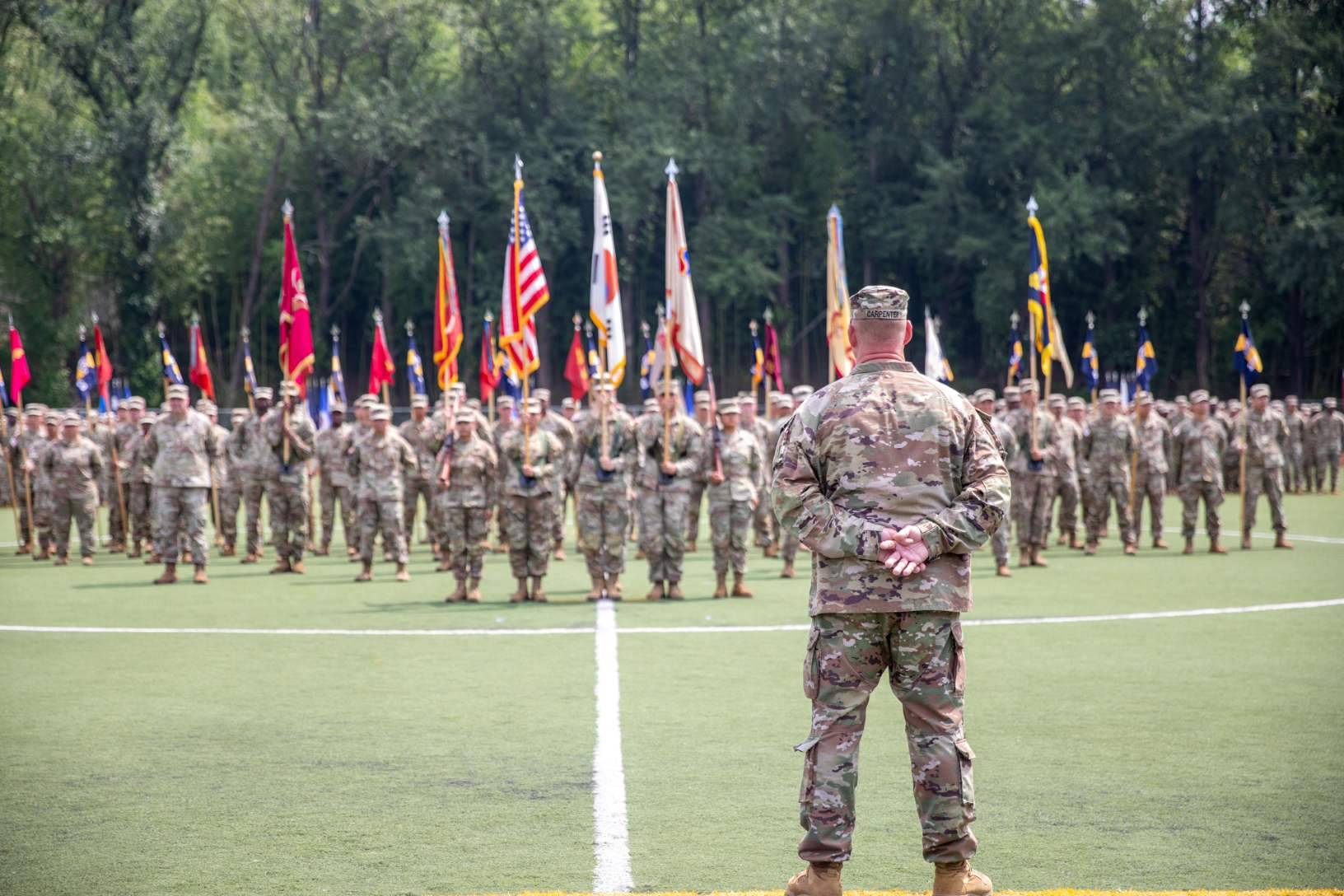
Mastering Military Leadership Training: Essential Skills for Success
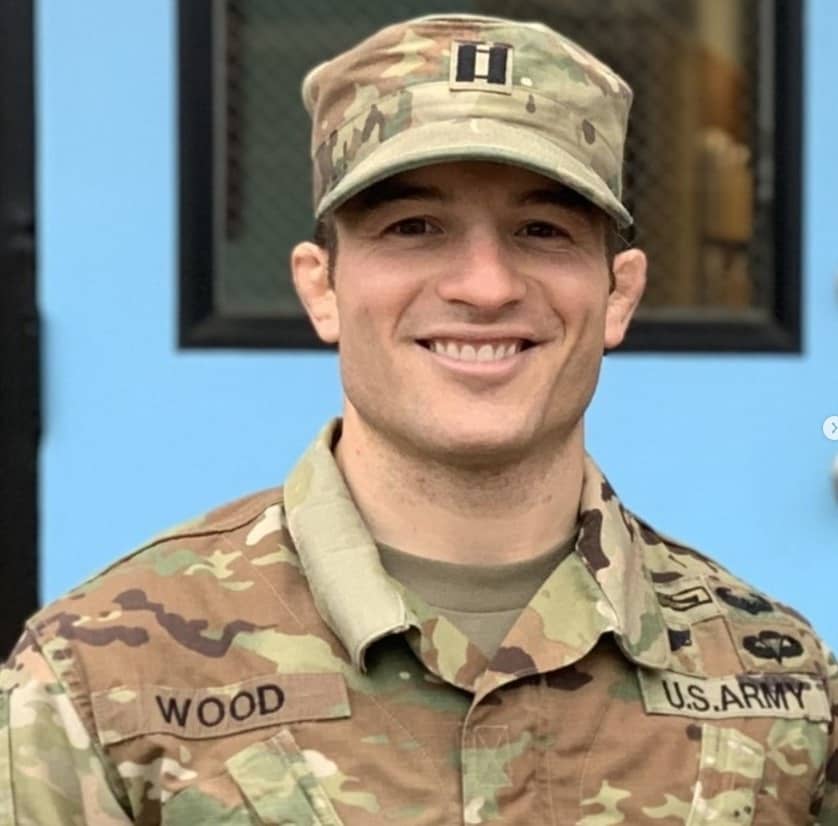

Military leadership training isn’t just a requirement it’s the difference between chaos and cohesion when lives are on the line. In high-pressure environments where decisions directly impact mission outcomes, leadership is a skill that must be practiced, refined, and trusted.
Whether you're preparing for your next promotion or want to strengthen your command presence, mastering the principles of military training and leadership will elevate your performance in any scenario.
The Core Principles of Military Leadership Training
Discipline and Dedication
Leadership begins with personal discipline. Following procedures, completing tasks to standard, and showing up prepared sets the tone for your team. Dedication goes further, it's the inner drive to stay locked in when things get tough.
Pro Move: Your consistency is your credibility. Teams respect leaders who walk the walk.
Integrity and Ethics
Leadership grounded in ethics earns trust. Training programs emphasize honor, duty, and integrity because they shape decisions and influence how others respond to your lead. In the field or during tough calls, ethics matter.
Accountability and Responsibility
Being a leader means owning your decisions from the planning phase to the debrief. Taking responsibility builds trust and keeps your unit grounded in transparency.
Quick Takeaway: Accountability fosters stronger teamwork and builds a culture where people can speak up and learn.
Developing Critical Decision-Making Skills
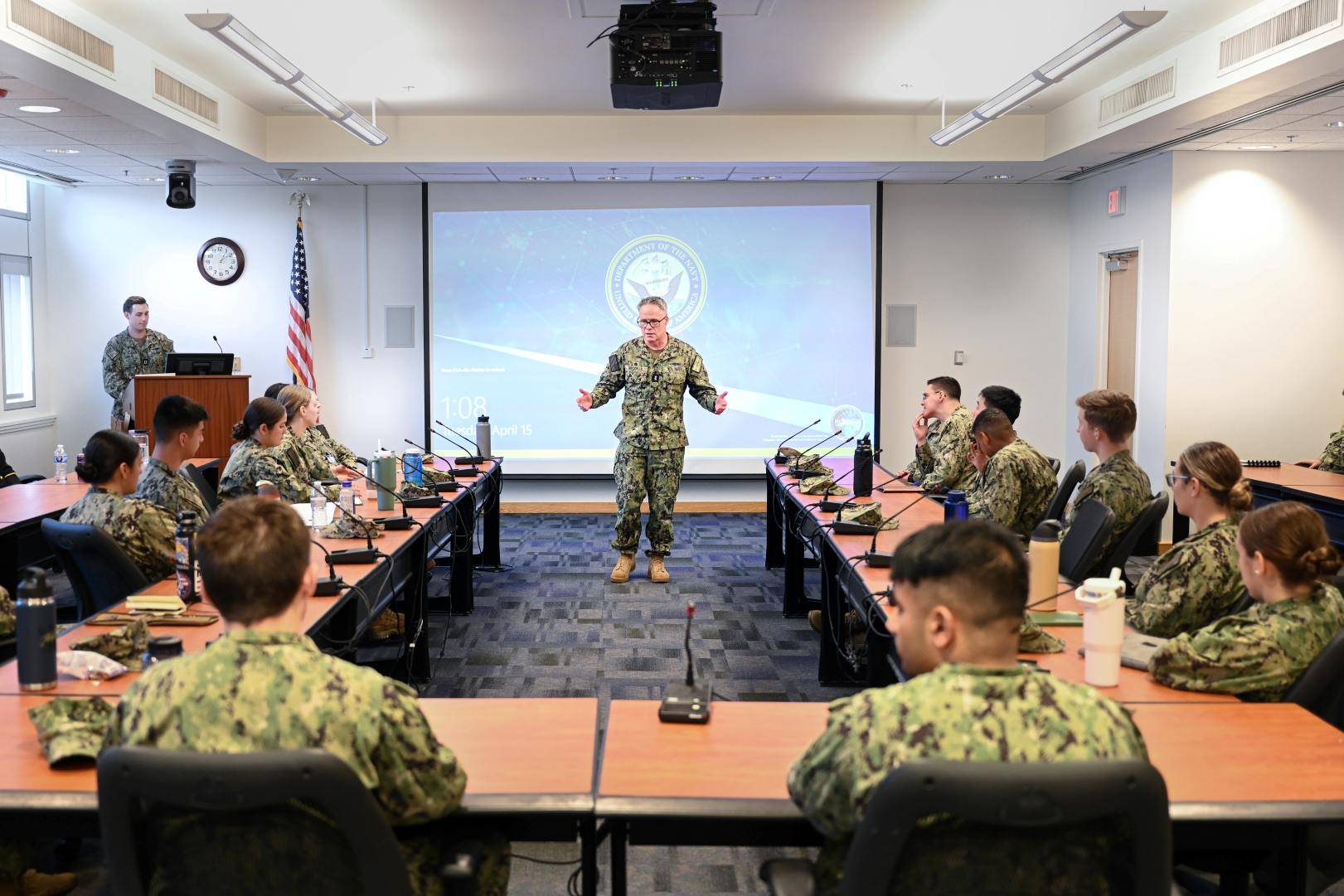
Strategic Thinking
Military leadership challenges you to anticipate what’s ahead. Strategic thinking isn’t just about long-term vision; it’s about making the right call when conditions change quickly.
Problem-Solving Techniques
Tools like the OODA loop and the military’s seven-step problem-solving model help break complex issues into manageable parts. These frameworks enable clear, actionable decisions when time is short.
Pro Move: Don’t skip your AARs. Even successful missions offer lessons worth noting.
Risk Management
Every action carries risk. Good leadership includes knowing how to weigh the mission’s goals against potential fallout and adjusting as needed.
Effective Communication in Military Leadership
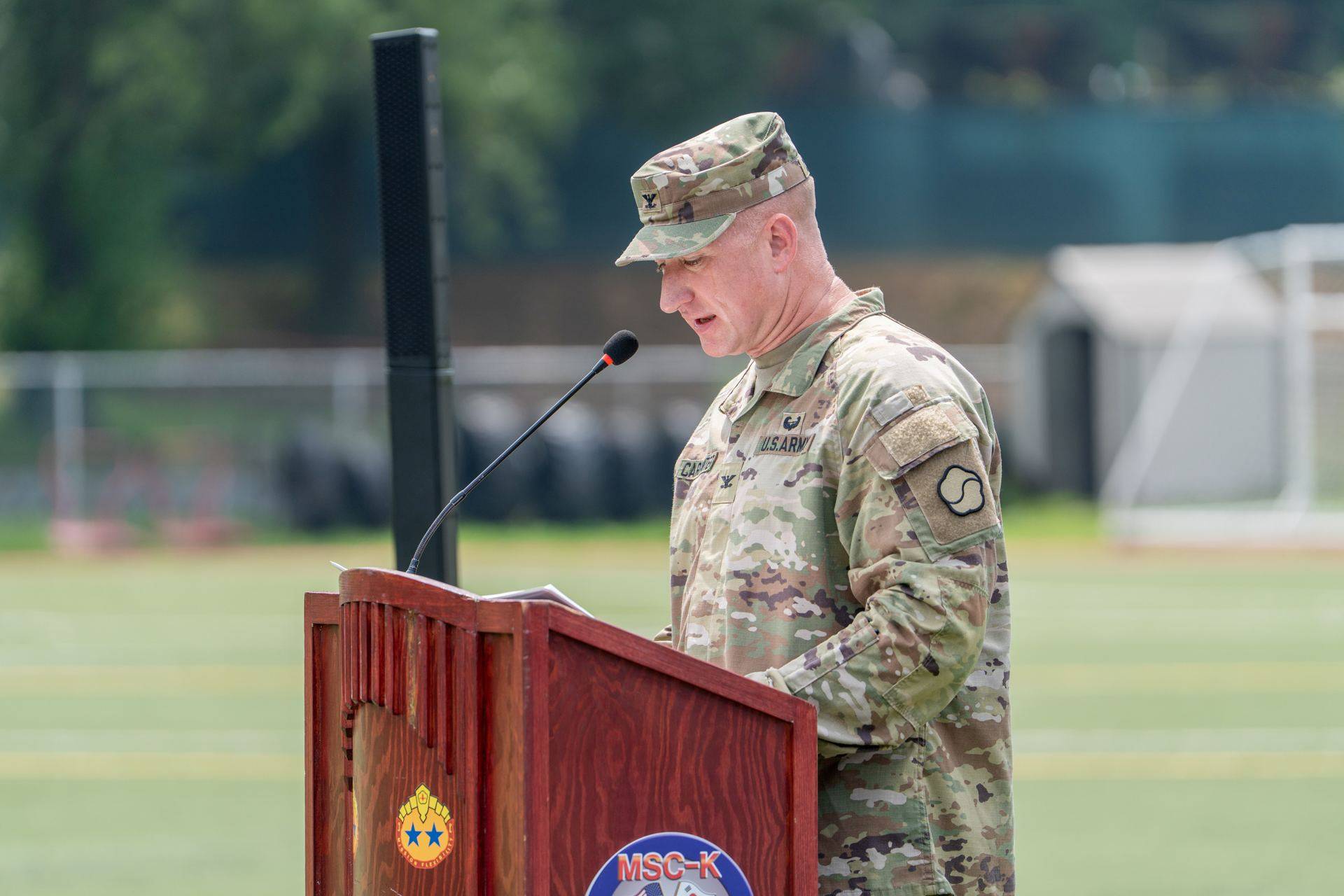
Clarity and Precision
Communication can’t be vague when the stakes are high. Messages need to be direct, confirmed, and repeated if necessary. Misunderstandings can cost more than time.
Pro Move: Ask for confirmation. It’s not micromanagement it’s smart leadership.
Active Listening
Listening with focus really hearing what’s being said improves morale and reveals issues early. It also shows your team their voices matter.
Command Presence
It’s not just what you say it’s how you say it. Leadership presence is about confidence, calm, and credibility. How you carry yourself can unify your team or shake their trust.
Building Strong Teams
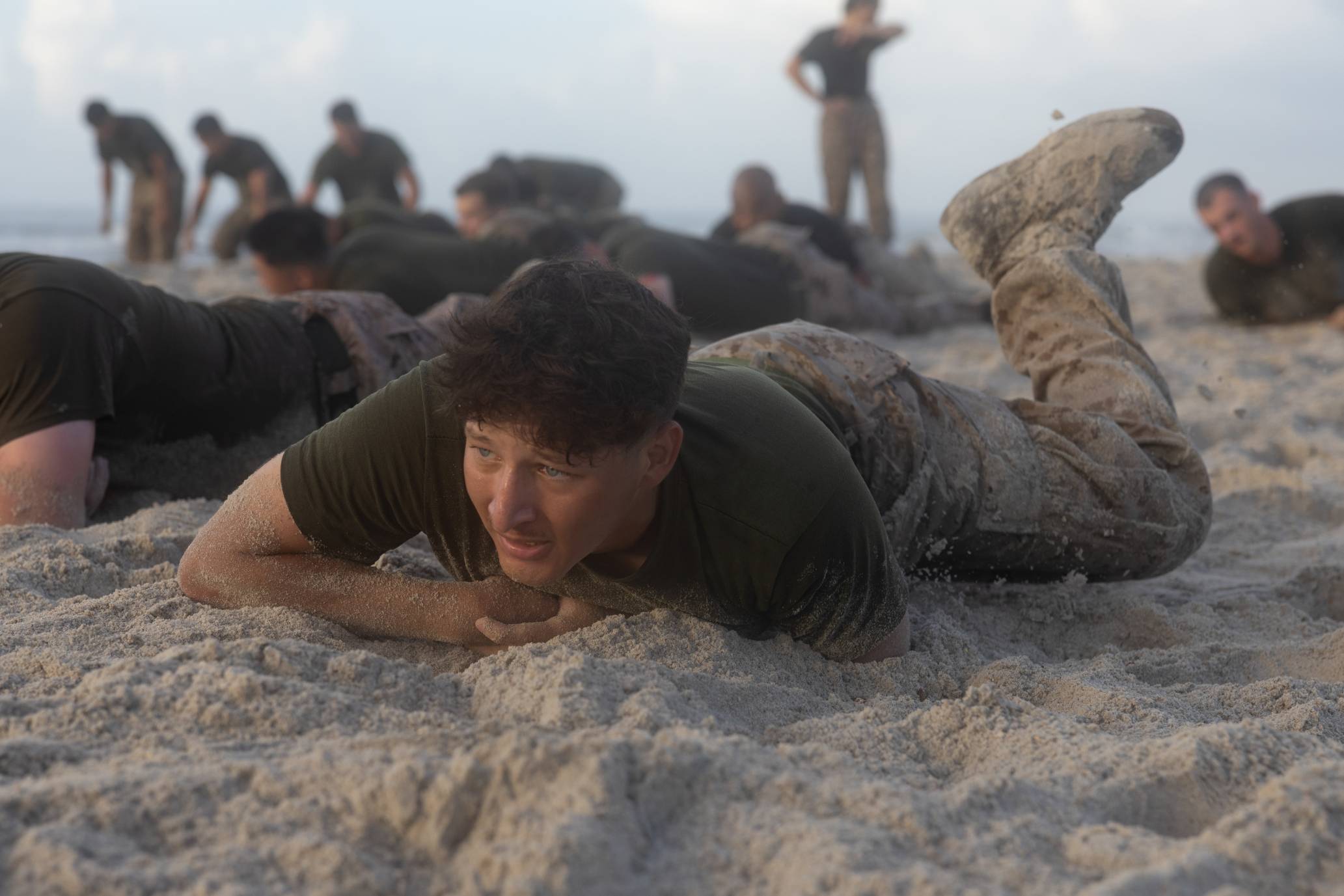
Recruitment and Selection
Strong teams start with smart recruitment. Beyond qualifications, look for teammates with the right mindset who can adapt, work under pressure, and align with your unit’s values.
Team Bonding Activities
Whether it’s a ruck, a shared challenge, or training drills, going through it together builds cohesion. The stronger the bond, the better the performance when things get tough. The Murph Challenge is a widely recognized workout challenge embraced by fitness enthusiasts and those seeking to honor the enduring legacy of American military heroes.
Training and Development
Repetition and reinforcement turn skills into reflexes. Ongoing training ensures that your team is ready for whatever comes next.
Pro Move: Cross-train. The more versatile your unit, the better you’ll be able to pivot in a crisis.
Adaptability and Resilience
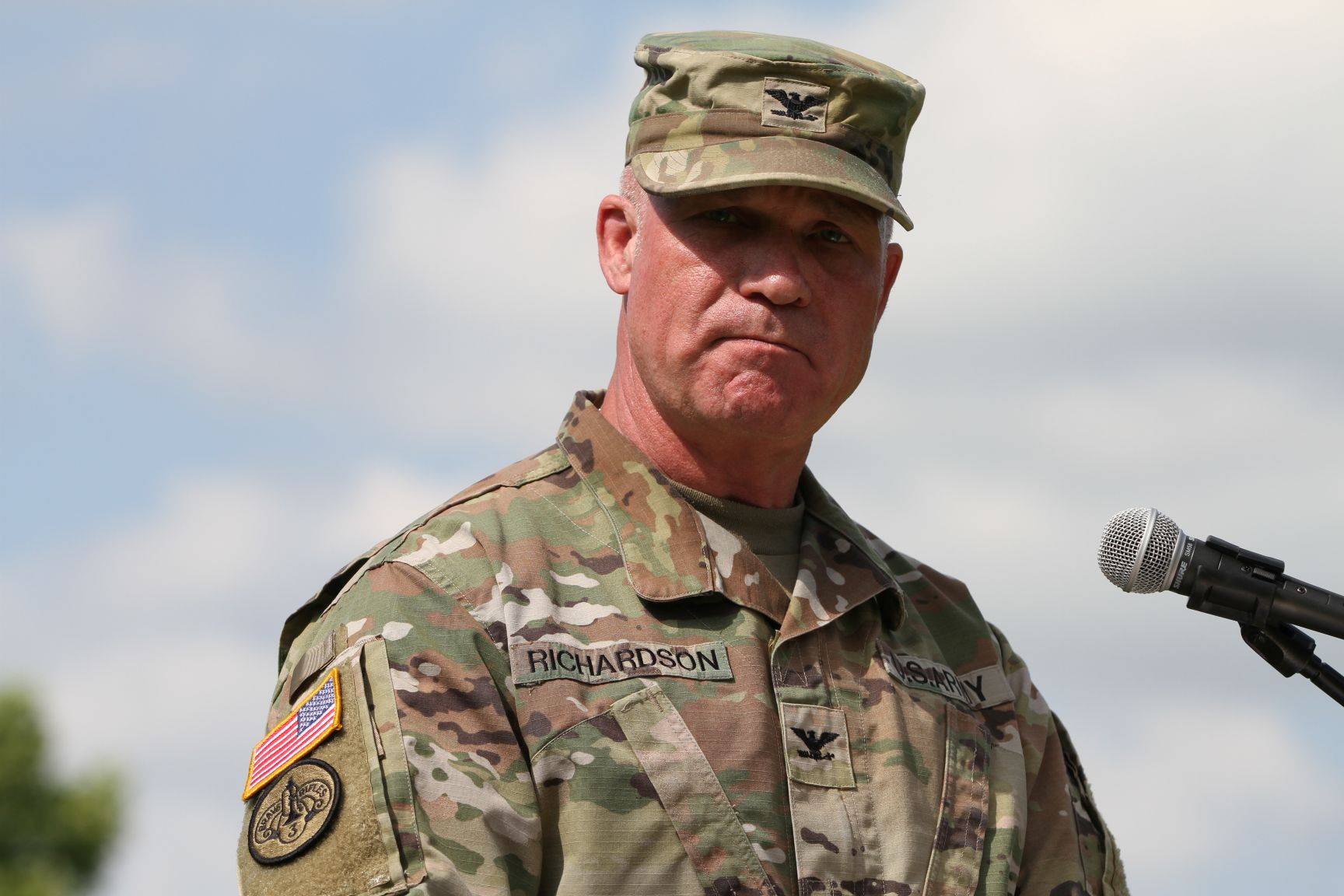
Flexibility in Unpredictable Situations
Even the best plans can fall apart. Good leaders adjust and make decisions under pressure without losing sight of the bigger picture.
Overcoming Setbacks
Every mission has setbacks. What separates good leaders from great ones is their ability to bounce back, recalibrate, and keep moving forward.
Innovation and Creativity
Thinking outside the box isn’t just for tech companies. In military operations, innovative thinking can mean finding a smarter route, solving a logistical issue, or keeping morale high in the face of adversity.
Empowerment and Delegation
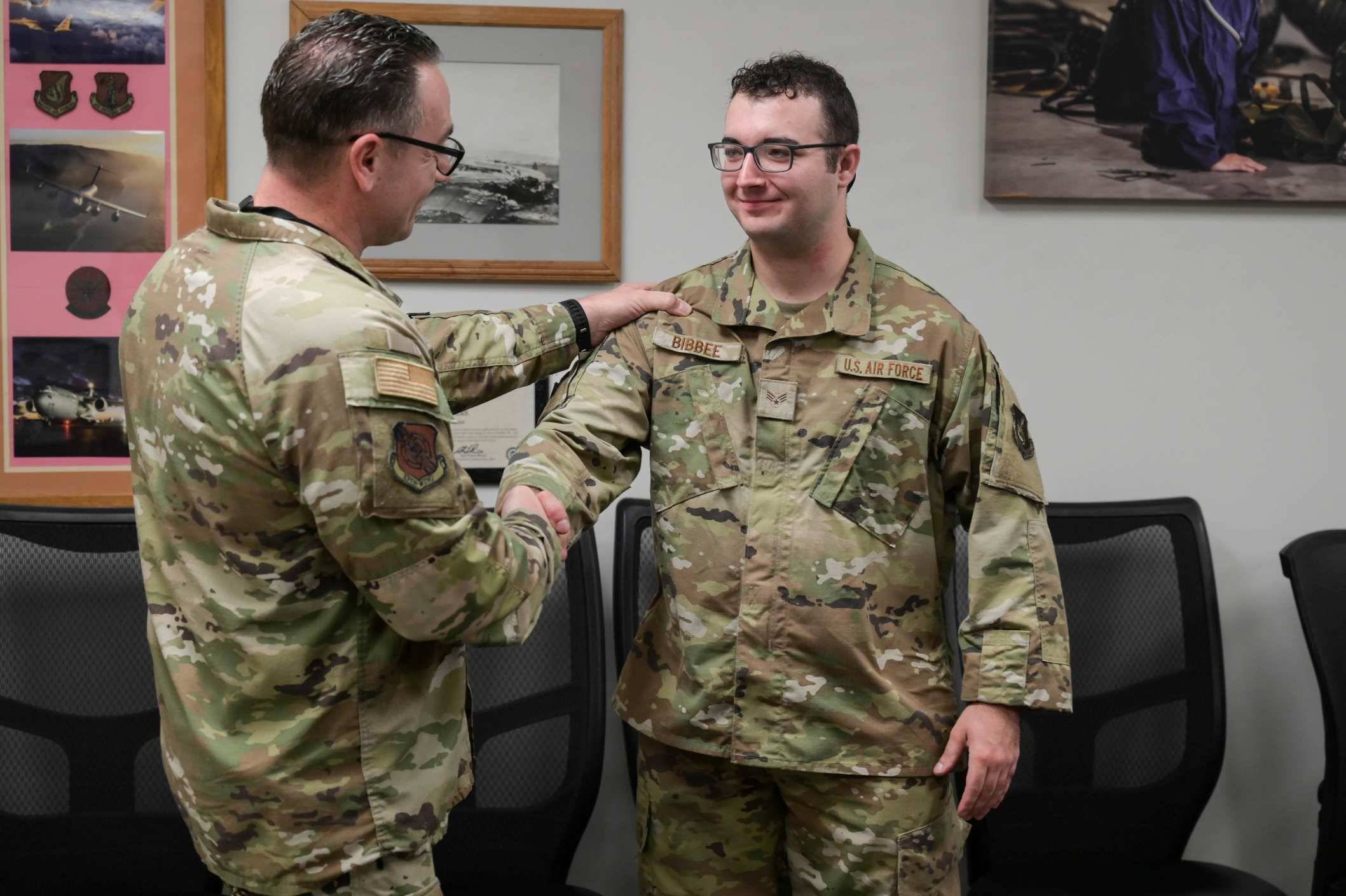
Trust and Autonomy
Giving your team ownership builds pride and encourages them to act decisively. Trust breeds confidence and drives stronger performance.
Delegation Techniques
You don’t need to be hands-on with every task. Clear delegation allows others to step up and makes your unit more resilient in the long run.
Motivating Through Empowerment
Empowerment fuels motivation. Recognizing contributions and trusting others to lead boosts morale and makes everyone more invested in the outcome.
Pro Move: Celebrate wins, even the small ones. High-performing teams are fueled by recognition as much as results.
The Role of Ethics and Values in Leadership
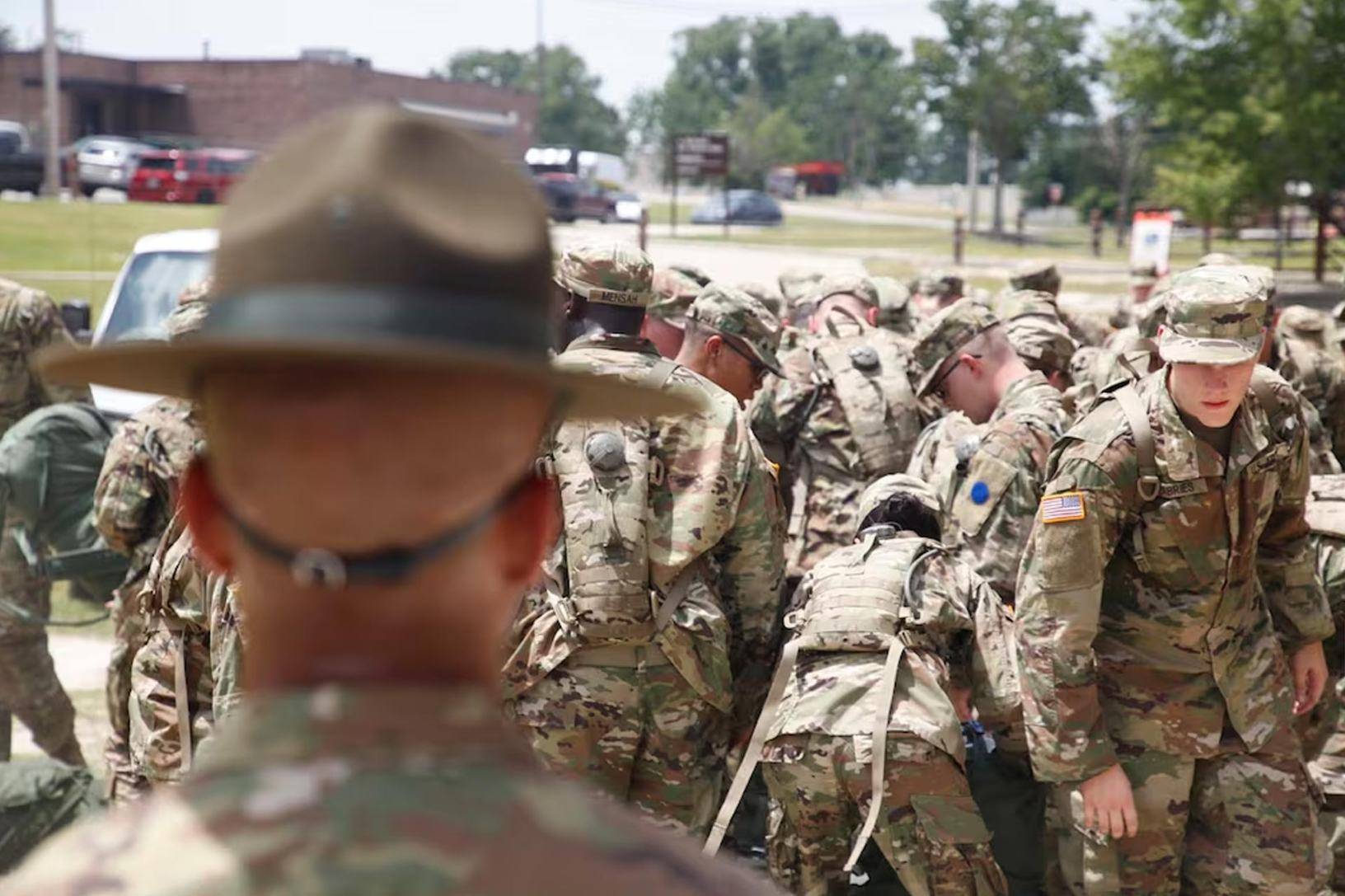
Core Values
Loyalty. Duty. Respect. Selfless service. Honor. Integrity. Personal courage. These aren’t just words they’re a compass. Living your values strengthens your leadership and sets a powerful example.
Ethical Decision-Making
When things get complicated, your values will guide your choices. Having a personal code and sticking to it keeps your leadership grounded and your team united.
Leading by Example
Your actions define your unit’s culture. Demonstrating professionalism, composure under pressure, and consistent follow-through leaves a lasting impression. Far more than words alone. People remember how you lead, not just what you say. Presentation matters too. Details like polished dress shoes at formal events reflect pride and respect for the role.
Continuous Learning and Development
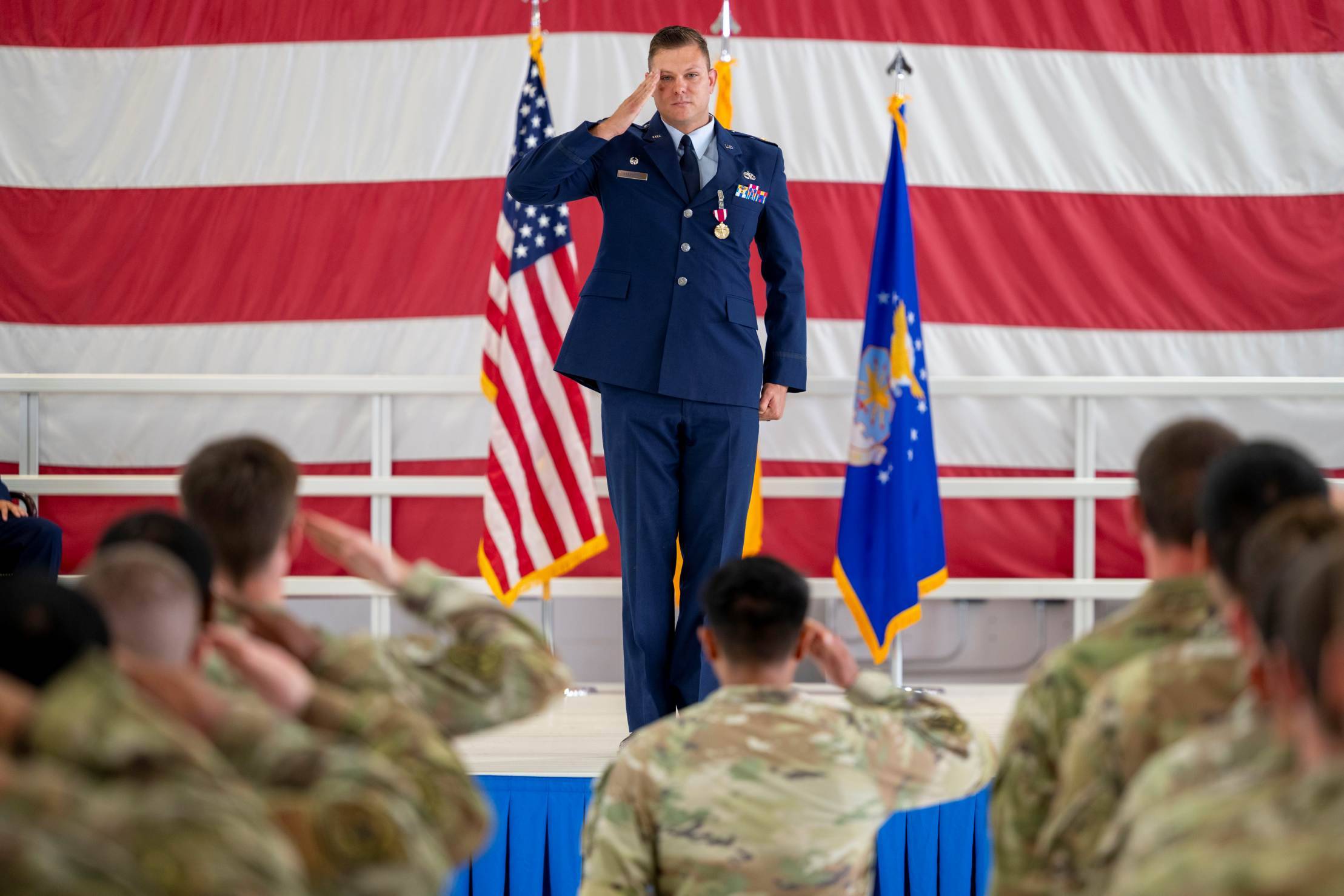
Advanced Training Programs
Leadership training isn’t a one-and-done. Whether it’s a multi-day course or a new certification, continuing to learn keeps your edge sharp.
Learning from Experience
Lessons learned in the field are some of the most valuable. Don’t let them go to waste. Break them down, talk them out, and apply what you learn.
Professional Growth Opportunities
Each course, challenge, and leadership opportunity is a chance to grow. Develop your skills not only for your own career, but for those who rely on you. Make the most of educational resources, like the GI Bill, to pursue higher education and continue advancing.
Military leadership is about more than issuing orders. It’s about building trust, making smart calls under stress, adapting to the unexpected, and leading your team to success—even when the odds are stacked.
At US Patriot Tactical, we back the leaders who put in the work. From gear that performs under pressure to resources that help you lead better, we’re here to support your mission.
Ready to lead from the front? Keep pushing, keep learning, and keep leading.
Shop mission-ready gear and tactical leadership resources at USPatriotTactical.com.







